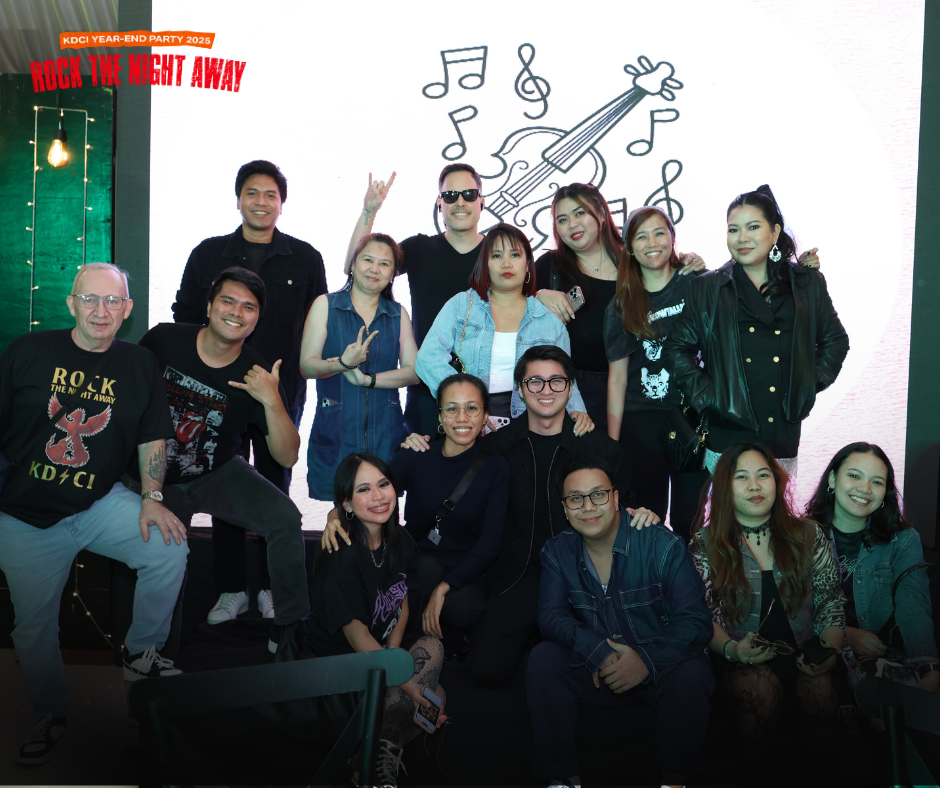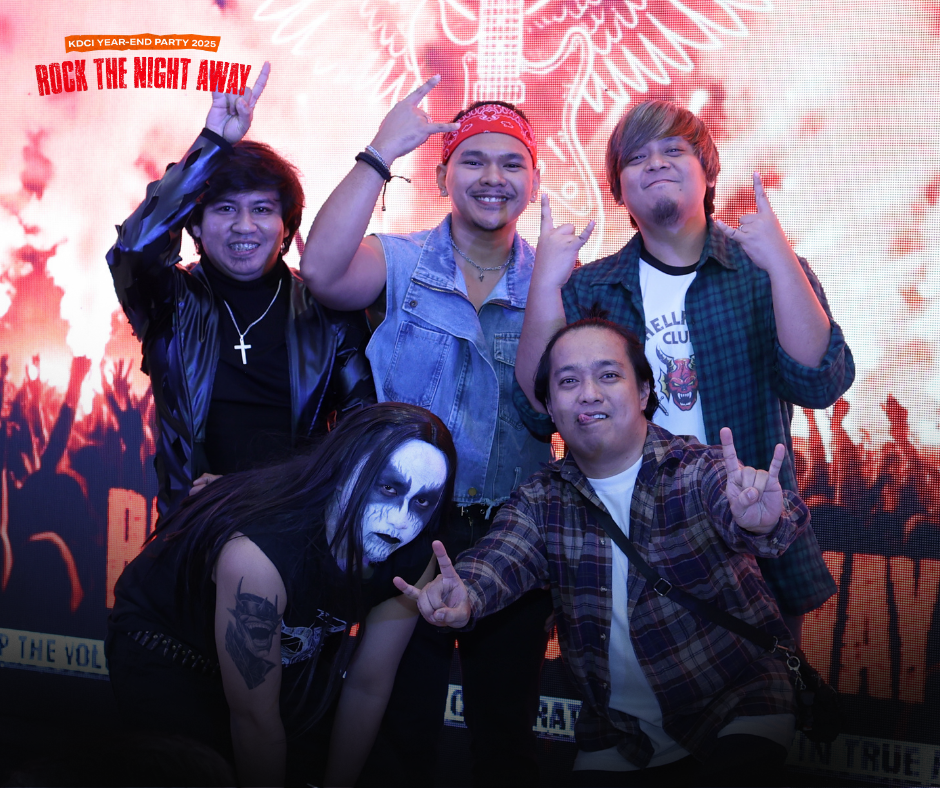


.png)

.png)
.png)
.png)








.jpg)
.jpg)
.jpg)


The modern workplace has evolved faster in the past five years than in the previous two decades, that’s a fact.
From hybrid setups and borderless staffing to HR compliance challenges and digital systems, we’ve seen it all in the past five years. Suffice it to say that the coming years will only bring in more changes. As such, organizations today face (and will most likely continue to face) a far more complex people landscape.
For growing businesses in the US, Australia, and Europe, this has created a pressing need for strategic HR expertise — expertise that many internal teams either don’t have yet or can’t scale fast enough to provide.
Once viewed as purely administrative or compliance-oriented, HR consultancy has become a critical business function for medium to large enterprises. In essence, it’s about bringing in senior-level HR thinking, data-backed strategic guidance, and overall organizational alignment, without the long-term cost of expanding your in-house HR function.
In this guide, we’ll break down what HR consultancy services really are, when you should consider hiring one, what to expect from the partnership, and how to choose the right consultant. We’ll also explore the strategic ROI of working with HR consulting firms for cost-efficient solutions in human resources.
HR Consultancy Services refer to professional advisory and implementation support services focused on optimizing an organization’s human resources function. These consultants help businesses design and execute HR strategies that align with overall goals: from HR compliance and structure to culture and performance management.
Quite similar to business consulting in terms of service delivery, working with an HR consulting firm gives your business access to valuable information, insights, experience, and expertise that will empower your team as you carry out ongoing HR functions.
While the scope of HR consultancy services may vary depending on the actual business need, here are some of the core areas that are typically covered when working with HR consultants:
In essence, using HR consultancy services is about building a future-ready HR ecosystem that scales with your business. Since you’re here and looking for information on HR consultancy services, you’ve most likely come across other modern HR solutions during your search.
Let’s go ahead and differentiate the available tailored solutions for your business.
The distinction between HR outsourcing and HR consultancy lies fundamentally in their mission: one is hired for execution, while the other is hired for strategy.
HR outsourcing services, typically acquired through BPO companies, gives you access to an external operational unit, contracted to take over specific, high-volume, or repetitive tasks. The focus is purely on execution and efficiency, aimed at reducing the administrative burden on the core business. HR outsourcing providers bring operational expertise — staff and technology trained to process routine functions like full-service payroll, benefits administration, or recruitment and talent management accurately and cost-effectively. The goal is to offload these functional tasks to a specialist, freeing up internal resources and potentially reducing business overhead costs.
HR consultancy services, conversely, are brought in for advising and strategic improvement. The HR consultant’s role is to act as an objective, specialized problem-solver, not a task executor. Consultants leverage senior-level, multi-industry experience to diagnose complex systemic issues, design new systems, or provide a strategic roadmap for transformation. They focus on improving how work is done and providing strategic direction. Their value is the specialized insight and transformative guidance they bring, rather than the management of day-to-day operations.
From a functional standpoint, the services provided by outsourcing and consultancy are practically the same as simply hiring people internally — be that a virtual team or an on-site one. An HR outsourcing agency provides the work of dedicated HR administrators (handling payroll, benefits, recruiting, etc.), while an HR consulting firm provides the strategic acumen of senior HR leaders (Chief HR Officers, VPs of Strategy). It’s just about accessing HR expertise that works in a more efficient and modern way.
These external solutions are strategically designed with a collaborative approach so your business can keep up with market trends, access specialized knowledge instantly, and scale smarter without the overhead of permanently hiring HR experts. Ultimately, they both empower you to get the essential work done without paying too much for permanent staff and infrastructure.
Working with experts in HR consultancy creates a strategic bridge between people management and business growth. For medium to large businesses that are currently in a growth phase, HR consultants offer valuable insights that translate to informed decisions, and subsequently, better business results in the long run.
At its best, an HR consultant helps decision-makers answer the hard questions:
This external lens can make all the difference. HR consultants are objective — they aren’t caught up in internal politics or legacy systems. Their neutrality allows them to pinpoint inefficiencies and propose changes that internal teams might not see.
In a globalized economy, where talent and regulation differ across regions, that perspective can be transformative. A well-chosen HR consulting agency brings both strategic foresight and technical HR expertise that enable better, informed decisions at the top level.
Recognizing the right moment to utilize HR consultancy services can be the difference between scaling smoothly and struggling through avoidable roadblocks. To help you identify whether this solution is right for your business, here are common business situations where hiring a consultancy makes sense:
When your business is growing fast or entering a new region, say for example, recruiting globally, HR complexity rises exponentially. Consultants help set up compliant frameworks, compensation benchmarks, and hiring strategies suited for local contexts — whether that’s Asia-Pacific, Europe, or the US.
Mergers, acquisitions, or leadership changes often lead to cultural or structural uncertainty. HR consultants guide these transitions with frameworks that preserve morale and ensure smooth integration. This way, you get an external, objective perspective to ease the team into the ongoing changes in the company.
If employee turnover is climbing, engagement is dipping, or productivity feels stagnant, a consultant can help diagnose the real cause and design sustainable interventions. With industry expertise backing their insights, they can empower the team to get past challenges, boost overall operational efficiency, and drive business success.
Compliance has always been among the top concerns in HR. Whatever your business goal is, this demand for meeting regulatory requirements will always be there. Labor laws are dynamic, and one oversight can cost thousands. Consultancies bring updated legal knowledge and ensure HR policies are airtight across jurisdictions.
When your business is shifting direction — say, moving from growth to profitability — HR strategy must follow. Consultants align people structures, job roles, and reward systems with the company’s evolving goals.
If any of the abovementioned business scenarios apply to your business or if you’re just unsure whether your HR function is at its best, then it’s time to explore external HR expertise.
Provided that you do need an HR consultant (pro-tip: most growing businesses do); the next question you probably have loaded is: how does HR consultancy actually work?
A professional HR consultancy follows a structured yet flexible engagement model. Of course, given that every business — and therefore, every HR function — is different, there is no one-size-fits all to HR consulting.
However, to give you a general overview, let’s break down how this service typically works:
The initial step of the process is usually a deep dive into your organization’s current state — from structure and headcount to processes and pain points. Consultants assess what’s working, what’s not, and where the gaps lie.
Based on those initial findings, the HR consultant develops a customized roadmap for improving your HR (in line with your growth and development goals). This may include a revised org chart, policy improvements, new HR technologies, or a total transformation plan for culture and performance.
The consultant either leads or supports the rollout — training your team, introducing new tools, or guiding leadership on change management. Collaboration with in-house HR (or, alternatively, your outsourced HR team) is crucial in this part of the process. After all, the success of this whole venture lies in its collaborative approach.
From there, it’s just rinse and repeat. To monitor how the changes are making an impact, HR consultancy services usually include periodic reviews, metrics tracking, and process refinements to ensure long-term results.
Other than the process, there are also various deliverables that businesses can expect when working with HR consultants.
Depending on scope, these HR consultancy deliverables may include:
Engagements can run from a few weeks (for audits) to several months (for full-scale transformations). Costs also vary by project complexity and region but are typically more efficient than hiring a full-time HR leadership team.
Hiring an HR consultancy is a calculated investment designed to solve systemic problems and drive measurable financial and organizational return on investment (ROI). These are some of the benefits directly impact your budget and business efficiency:
Implementing better compensation structures and engagement programs lowers employee attrition, directly saving the high costs associated with constant recruitment and training.
Consultants help you avoid expensive business mistakes, especially when it comes to decisions concerning your people such as costly mis-hires, organizational inefficiencies, and financial penalties from non-compliance.
Expertise in labor laws and regulations ensures your policies are robust and legally sound, eliminating significant exposure to legal and financial risks. This type of security pays off in the long run.
By streamlining broken or complex HR processes, the consultancy frees up internal leaders and staff to focus all their energy on revenue generation (such as connecting with clients and customers) and overall and business growth.
Apart from the measurable KPIs we’ve covered here, working with an HR consultant also empowers businesses by giving leaders confidence in making critical people decisions based on objective data and expert analysis, rather than guesswork. This then helps foster a stronger culture by aligning company values with everyday employee behavior and business objectives, creating a more cohesive and motivating workplace.
Taken together, these foundational improvements significantly boost the overall strength of the business as an employer, solidifying your reputation as a well-managed organization and making it much easier to attract and secure top-tier talent.
Naturally, to get maximum ROI out of HR consultancy, it’s important to work with the right HR consultant for your business.
Selecting the right company for HR consultancy services is a strategic decision. Not all consulting firms are made equal, and finding the one that matches your business needs and goals is key to ensuring that you get the most out of it.
Here’s a five-step guide for choosing an HR consultancy service provider:
Are you seeking compliance support, organizational redesign, or leadership development? Clarity on your goals ensures you select a firm with matching expertise.
Experience in your sector and knowledge of your local labor environment are key to getting relevant recommendations and action plans.
Look for a consultancy that combines data analytics, customized frameworks, and practical execution. Cookie-cutter solutions rarely work, flexible engagement models do.
An HR consultancy should integrate smoothly with your internal team and leadership style, especially in cross-border engagements.
Insist on clarity in deliverables, timelines, and pricing. The best consulting firms make it easy for clients to measure value.
…and that’s it! If you’re ready to get started, you can make a move right now.
When done right, HR consultancy empowers your business to design a people strategy that’s scalable, compliant, and culture-driven.
At KDCI Outsourcing, we specialize in providing senior-level HR expertise and HR solutions tailored to solve your business’ most complex people challenges. We focus on diagnosing performance gaps, designing efficient organizational structures, and developing data-driven strategies for talent, compensation, and cultural alignment.
Our goal is to transform your HR function from transactional to strategic, driving measurable ROI and ensuring your internal team is equipped for future growth. Whether you need guidance on a single critical project or a comprehensive strategy overhaul, we offer flexible engagements designed to help you scale smarter.
Let’s discuss how you can unlock your organization’s potential with HR consultancy.
Contact KDCI today.